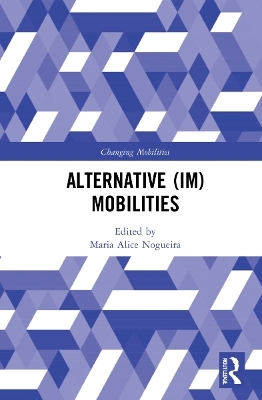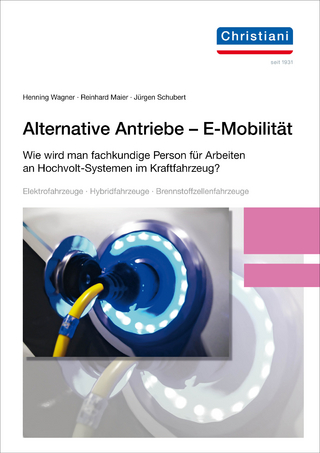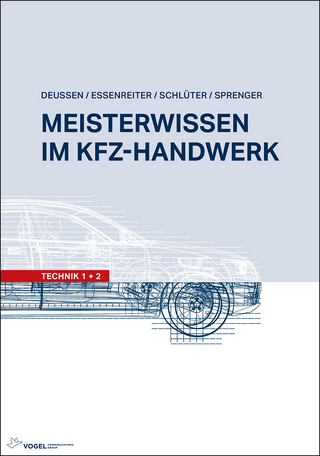
Alternative (Im)Mobilities
Routledge (Verlag)
978-1-032-12431-5 (ISBN)
Designed and organized in a legally or illegally way, alternative (im)mobilities are examples of those daily practices of displacement of people, objects, and information, which mobilize a multidisciplinary framework of urbanization, shedding light on important and long-standing issues of inequality and the lack of recognition of diversity in economics, social and culture urban life. This volume opens up a new set of research questions related to the complex ways in which informal actors cope with their everyday life experience, regarding dwelling, commuting, working, caring of vulnerable people, health issues, access to information, among other mobility practices, besides the lack of essential – and infrastructural - public services.
This volume will be of great interest to researchers and scholars in geography and the social sciences interested in mobilities, transport, communication, tourism, mobility justice and inequality, public decision making and health studies.
Maria Alice de Faria Nogueira is a Professor at the Escola de Comunicação – Universidade Federal do Rio de Janeiro (ECO-UFRJ), Brazil. Her research focuses on the interconnections between (im)mobility, communication, advertising, and marketing. She is currently a member of two research groups, Mobilities, Theory, Topics and Methods (MTTM) and The Rhetoric of the Consumption (ReC).. She holds a Ph.D. Degree in History, Politics and Culture from the Centre for Research and Documentation of Contemporary History of Brazil (Cpdoc- FGV RJ), Brazil and a master’s degree in Social Communication from the Pontifícia Universidade Católica (PUC Rio), Brazil.
Introduction: Alternative (im)mobilities 1. When public health policies fail: Community management in the fight against the Covid-19 pandemic in Paraisópolis, São Paulo 2. An alternative for whom? Buenos Aires’ school commuting and the "bicycle boom" in pandemic time 3. Cyclelogistics & uberization: Challenges and transformative actions to improve delivery cyclists' work conditions 4. Caring Cities: The urgent concerns after apparent immobility in southern cities 5. Gendered perspectives in mobility and safety in public transport. The case of motorcycle taxis (boda boda) in Kisumu City, Kenya 6. Informal mobility in the Alemão Complex, Rio de Janeiro 7. Peripheries on the move: New urban grammars and epistemic disputes over center-periphery borders in São Paulo 8. Rearrangements and trajectories: Italian-Brazilian ice-cream parlor workers in Germany in Covid-19 times 9. Favela virtual tour: Alternative mobilities in favela tourism during Covid-19 pandemic 10. After the #stayhome, "live like a local": Towards alternative urban tourism mobilities?
| Erscheinungsdatum | 15.06.2022 |
|---|---|
| Reihe/Serie | Changing Mobilities |
| Zusatzinfo | 5 Tables, black and white; 17 Halftones, black and white; 17 Illustrations, black and white |
| Verlagsort | London |
| Sprache | englisch |
| Maße | 156 x 234 mm |
| Gewicht | 453 g |
| Themenwelt | Sachbuch/Ratgeber ► Natur / Technik ► Fahrzeuge / Flugzeuge / Schiffe |
| Geisteswissenschaften ► Geschichte | |
| Sozialwissenschaften ► Kommunikation / Medien ► Medienwissenschaft | |
| Sozialwissenschaften ► Soziologie | |
| ISBN-10 | 1-032-12431-8 / 1032124318 |
| ISBN-13 | 978-1-032-12431-5 / 9781032124315 |
| Zustand | Neuware |
| Informationen gemäß Produktsicherheitsverordnung (GPSR) | |
| Haben Sie eine Frage zum Produkt? |
aus dem Bereich


